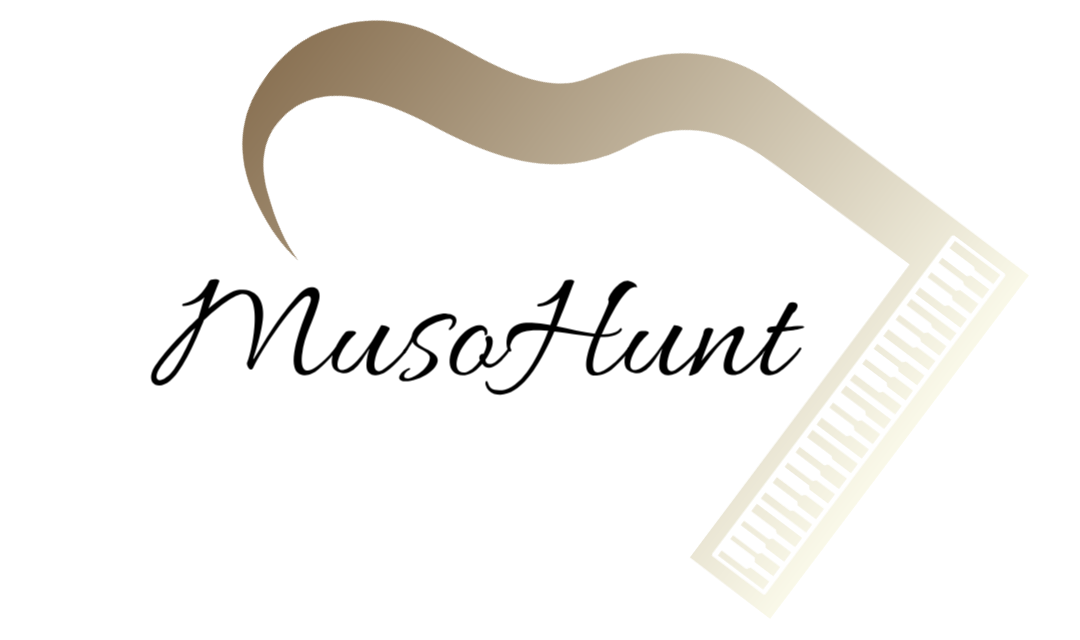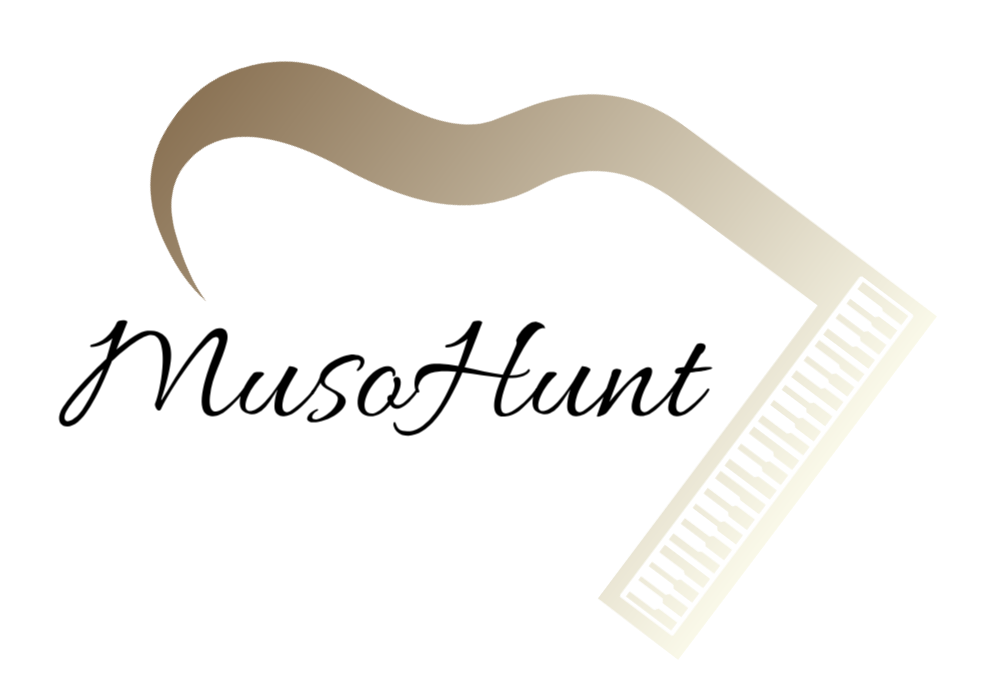7 Tips to Practice Your Instrument More Efficiently
One of the most common questions we get from our students is “How can I make my music practice more efficient?”. It’s a great question and it’s one that all musicians should always reflect on. You can be in the music room for hours plonking through scales or practicing your life away but still not achieving results. The key thing to a great practice session is not just to have fun, but also making sure that you are practicing effectively.
Here are seven tips for you to make your music practice more efficient, so you can get more done in less time.

Use a Metronome
Practicing without a metronome is like trying to cook without tasting the food-you might be able to guess how much salt or sugar should go in it, but chances are it won’t turn out too well. A metronome keeps everything on beat and helps your playing stay consistent at all times.
We recommend practicing with a metronome for at least 15 minutes per day. This will help get you into the habit of playing in time. It is a process that requires much patience, but after a while, you won’t need it anymore because you will start to naturally pick up on beats.
When you are practising a passage, set the metronome to a slower tempo to begin with and gradually increase your speed by about 5-6 beats per minute. This will help you get a feel for the tempo and will make practicing transition more seamlessly.
Take Breaks
We all know that practicing is important, but we also know that there are many things in life besides practicing! As musicians who spend hours each day playing our instrument- whether it’s an hour or six-we need to take breaks so our body and mind can recover. Taking breaks also helps prevent injury, mental fatigue, or repetitive motion injuries like carpal tunnel syndrome.
If practicing is getting to be too much for you- in terms of physical exertion, concentration level, or any other factors- take a break! Take a walk around the block with your instrument if need be so you can get some fresh air and a break.
Set Goals
One of the best ways to make practicing more efficient is by setting goals for yourself. Goals are what keep you on track, give you something to work towards, and allow you to reflect and evaluate on a regular basis. When deciding your goal, make sure it is SMART – specific, measurable, achievable (or attainable), relevant, and timely. For example, you might want to play a passage without mistakes 3 times in a row or be able to improvise at a certain tempo by a certain date.
Instead of practicing with no goals in mind, decide what exactly you want to achieve and how long it will take. You might also want to break it down into smaller goals so you can progress towards your larger goal.
Having a performance timeline in your practice journal is also useful. This helps you plan for what you’ll need to learn and how much progress you’ll make over a given time. Having a timeline also helps keep track of progress, which is helpful when reassessing goals because the progress tracking helps in setting new targets.

Practice What You Don’t Know First
If you don’t have a routine for playing, this tip is great for you! When you first start playing a piece of music, it’s best to practice what you don’t know or are struggling with. This will help build your confidence and also point out any mistakes that need correcting as soon as possible in the future.
If there are certain sections of music that have been giving you trouble, playing them first is going to get those sections out of the way so they won’t be a distraction later. This routine will also make sure that you will have a fresh brain to tackle the difficult section in your music.
Make sure you break those difficult passage into bite size. This not only makes the passage seem less daunting, but it also allows you progress at a reasonable pace and catch mistakes more easily (because you’re playing in small chunks). You can also practice in different rhythms or articulations (legato or staccato). Introducing variations in the difficult passages can help to reset your brain, making your practice more efficient.
Write Out A Practice Routine
One of the best ways to make your music practice more efficient is by planning out an effective practice routine. Spend some time figuring out what aspect of playing you want to work on and how much time it will take, then write down that specific plan for future reference.
This will help you keep on task and also tell you when to take a break, as playing for too long can cause injury.
You might find that certain aspects of playing- such as sight reading or scales- need more practice than others so it’s important to plan accordingly!
Each time you play through your routine, try adding one new thing to it or playing with a new mindset. This will help you stay focused and on task when practicing, which in turn can lead to better playing overall!

Incorporate sight-reading into your practice routine
Sight reading is a difficult task that takes time to learn, hence it is important to incorporate it into your music practice. This will make you better at playing and help you develop the skills necessary for success in an ensemble.
When you’re sight reading, it is always good to try to read ahead. This means that you should look at the next few notes in your sheet music while playing the current note. This will help you to prepare for what is coming ahead, keeping you on task and avoid mistakes!
An effective routine for practicing sight-reading involves getting used to seeing new rhythms or keys while playing. This routine will also help you strengthen your mental abilities and discipline in order to concentrate on what is happening at the moment.

Watch other musicians and learn from them
Watching others and learning from them is one of the key ways to make practicing more efficient. Whether it’s a teacher, musician friend, or professional player online- watching and copying what they are doing can be an effective way to learn new things.
You may also search up practice videos on social medias such as Instagram or Youtube. Watching others practice will allow you learn new practice techniques which will help you practice in an effective way as well. It also helps you to learn how to analyse and solve problems that you face in your practice session.
Additionally, by watching other musicians practice a difficult piece of music, it will give you great inspiration and motivation to aim higher.
Conclusion
In summary, practicing efficiently is the key to making great progress in your musical journey and making it more fruitful. By practicing regularly and following a practice routine, you’ll be able to have clear goals and practice what you need effectively without wasting time or energy. You should also aim for practice sessions that are goal-oriented and constantly try to explore new ways in your practice routine – this will help you stay on task and gradually improve your skills! And most importantly, don’t forget to have fun while practicing!
We hope these tips will help you make the most out of your practice sessions! We believe that music practice is all about practicing smart rather than hard. Treat it like problem-solving and tackle each problem with patience, creativity and diligence.
MusoHunt offers professional face-to-face and online music lessons to students of all levels of experience. All MusoHunt teachers are handpicked and screened through with a 2-step process to ensure quality and reliability. We are incredibly proud to have taught students across Australia, China and the United Kingdom and we will continue to strive to provide the best possible experience for our students.
Learn more about our teachers by visiting here:
Follow us on our social medias:
Facebook: https://facebook.com/musohunt
Instagram: https://instagram.com/musohunt
WeChat ID: MusoHunt





No Comments